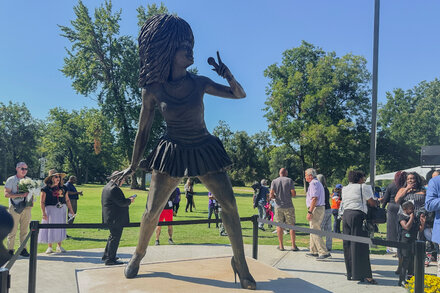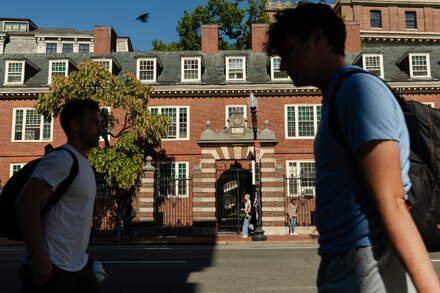As revelations from the Jeffrey Epstein scandal continue to ripple through political circles, a significant question has emerged regarding the loyalty of a specific segment of former President Donald Trump’s base: will the conspiracy theorists, often cultivated by or drawn to his political orbit, turn on him over his past associations with the disgraced financier?
For years, elements within Trump’s support base have been characterized by their skepticism towards mainstream narratives and a propensity for alternative theories, particularly those related to powerful elites and alleged global conspiracies. The Epstein case, with its high-profile network of associates and allegations of child sex trafficking, has become a focal point for many such theories, often casting a wide net over figures in politics, finance, and entertainment.
Donald Trump’s past social connections with Jeffrey Epstein are well-documented. Prior to Epstein’s 2019 arrest and subsequent death, the two were known to have frequented each other’s social events, and Epstein was a member of Trump’s Mar-a-Lago club in Florida for a period. Trump himself once commented on Epstein in a 2002 New York Magazine interview, stating, “I’ve known Jeff for fifteen years. Terrific guy. He’s a lot of fun to be with. It is even said that he likes beautiful women as much as I do, and many of them are on the younger side.”
It is this history that now poses a potential dilemma for some of Trump’s most fervent followers, particularly those who embrace theories centered on a “deep state” or cabal of powerful individuals engaged in illicit activities. The Epstein narrative, for many, epitomizes such a “swamp” that needs to be drained.
Political analysts suggest that the cognitive dissonance required to reconcile staunch support for Trump with a deep belief in Epstein-related conspiracy theories could become unsustainable for some. “The Epstein saga fundamentally preys on the distrust of elites and hidden power structures, which is a core tenet for many who also champion Donald Trump as an outsider fighting the system,” noted Dr. Evelyn Reed, a political sociologist at the University of Virginia. “The crucial test is whether the narrative of ‘draining the swamp’ can accommodate a figure who was, at one point, actively engaged within that same social milieu.”
“I’ve been a strong supporter of President Trump because he promised to expose the corruption. But the more that comes out about Epstein, and the powerful people connected to him, you just have to wonder where the lines are drawn,” said one long-time online commentator, known for promoting anti-establishment views, speaking anonymously. “If you truly believe in fighting the global elite, then you have to look at everyone connected, no matter who they are.”
While mainstream media has consistently highlighted Trump’s past ties, his campaign and personal spokespersons have routinely distanced him from Epstein’s criminal activities, asserting that any association was purely social and occurred long before the extent of Epstein’s alleged crimes became public knowledge. “President Trump has unequivocally condemned Jeffrey Epstein’s horrific actions and has always been a champion for justice against such vile behavior,” stated a representative for the former president last month. “Any attempt to link him to Epstein’s heinous crimes is a desperate and politically motivated smear.”
The extent to which this dynamic could erode Trump’s base remains to be seen. While many supporters are fiercely loyal and adept at dismissing information they deem hostile or biased, the internal logic of some conspiracy theories may eventually lead a minority to question allegiances. The ongoing unsealing of documents and continued public interest in the Epstein case ensure that the connections will remain a topic of discussion, potentially forcing a reckoning for some who navigate the complex landscape of anti-establishment thought.
Source: Read the original article here.





